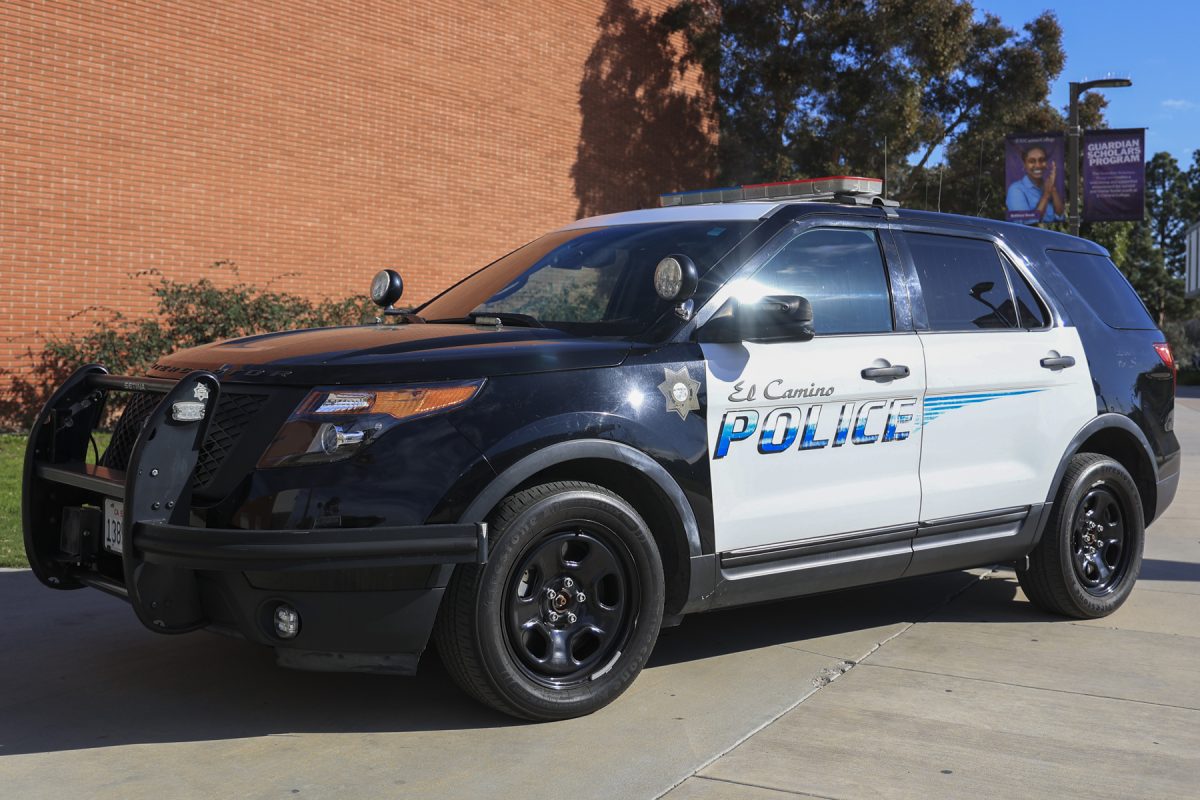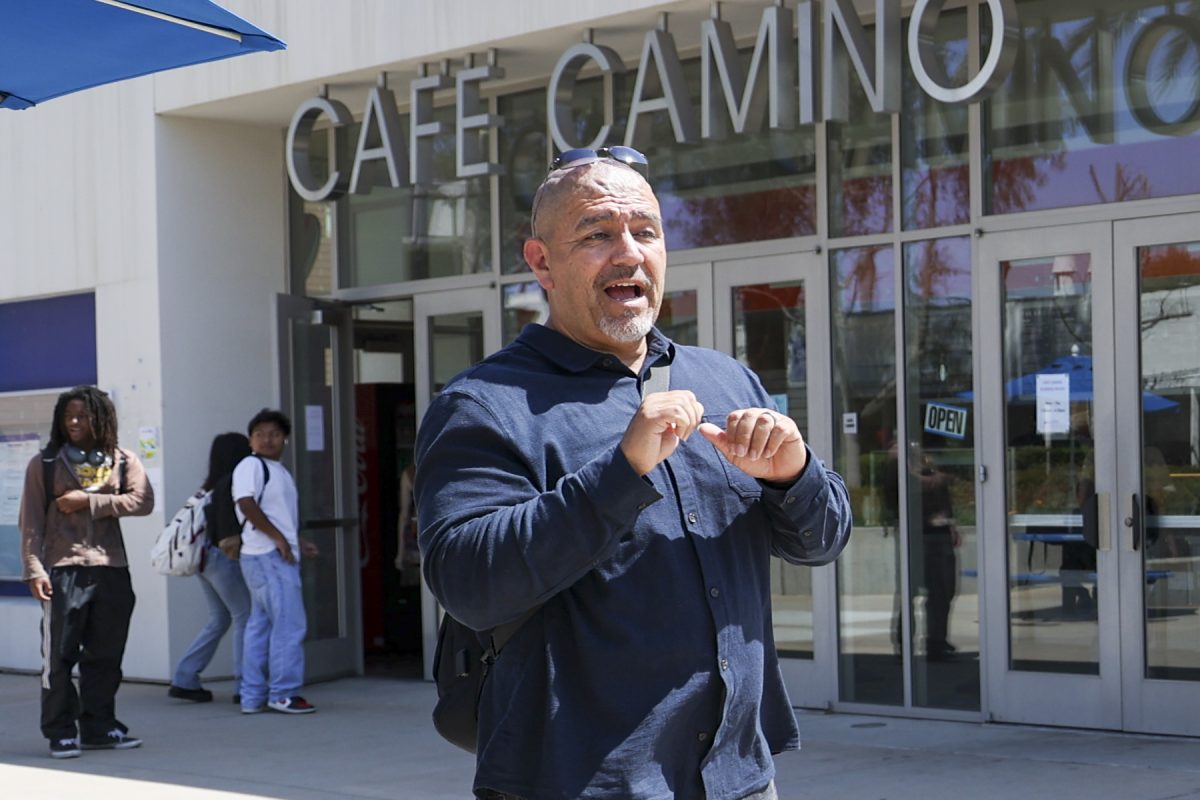Students wanting an associate’s degree may have to take an extra math class, if a recommendation from the statewide Academic Senate is approved by the Board of Governors for Community Colleges.
For more than a year, the statewide Academic Senate has been working on a suggestion to raise math and English-level course requirements for associate’s degrees in all California community colleges, said Ken Key, academic counselor and co-chair of the College Curriculum Committee with the Academic Senate.
“The statewide Academic Senate has been gathering research from the field and holding seminars, and at the Spring Plenary Session, they’re going to have break-out sessions to further discuss the issue,” Key said.
Voting on a possible statewide mandate to approve the issue is scheduled to take place when the statewide Academic Senate meets for this year’s fall plenary session.
“The vote will take place to determine whether or not there will be a statewide mandate, a Title 5 change, to require freshman composition (English1A) as a degree requirement and a math course with elementary algebra as the prerequisite,” Key said.
A change in the math requirement from Math 40 to Math 70 would affect students, he said.
“The research is assessing concerns in the field,” Key said, “if it were a low success rate, it wouldn’t be in our best interests to support raising the bar above elementary algebra.”
Currently, associate’s degree candidates are required to take math courses up to elementary algebra, an equivalent to Math 40 at EC.
This requirement is stated in the state’s Title 5, a California code of regulations that “governs” community colleges, Ann Collette, curriculum adviser, said.
“Title 5 cites: we can do this, we can do that, this is what you have to do,” Collette said.
A decision such as this (requiring a higher level math course for an associate’s degree) would be brought to the Board of Governors, because it would be a change to Title 5; ultimately, the Board of Governors would make the final decision, Collette said.
A change such as this would greatly impact students, Key said, something that they should have a say in.
“If they’re concerned,” Key said, “students need to voice their concerns to this concept through their student government association, so their voice is heard as well.”
Increasing the math requirements might be a “good” idea, Tiese Johnson, nursing major and supplemental instructor, said.
With the several math programs that exist on campus, it should not be hard to get the help you need, Johnson said.
“You don’t want people getting a degree who don’t even know how to do math,” Johnson said. “Math is a skill you’re going to use for the rest of your life, it’s something you need.”
See editorial






